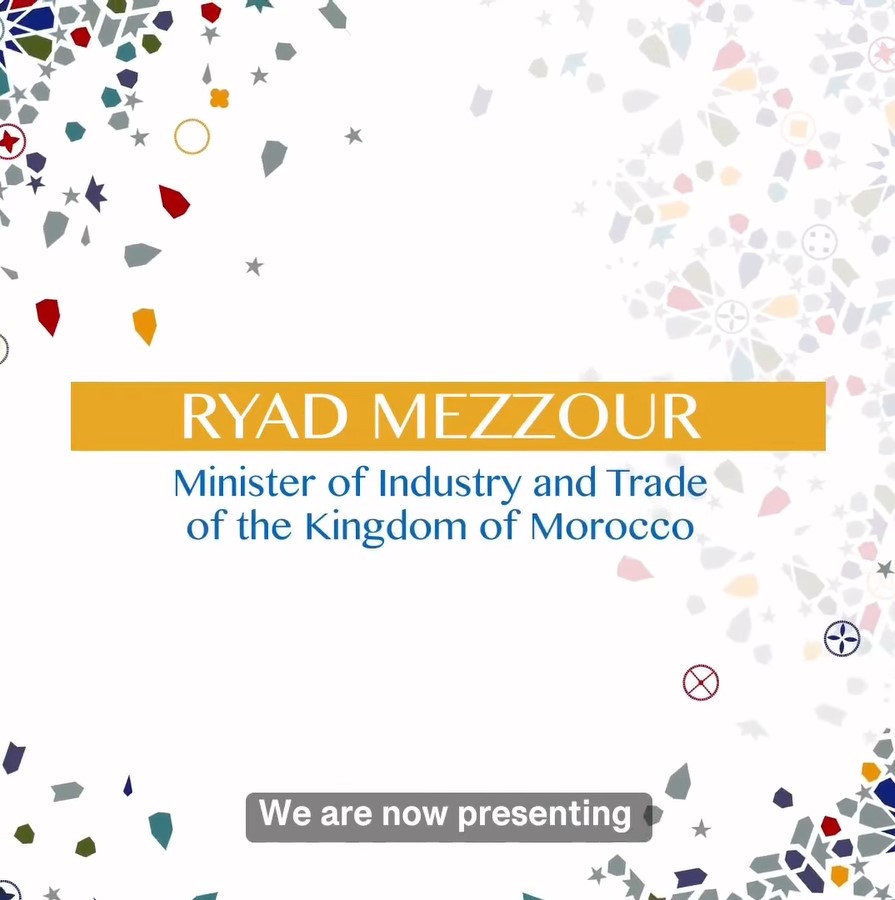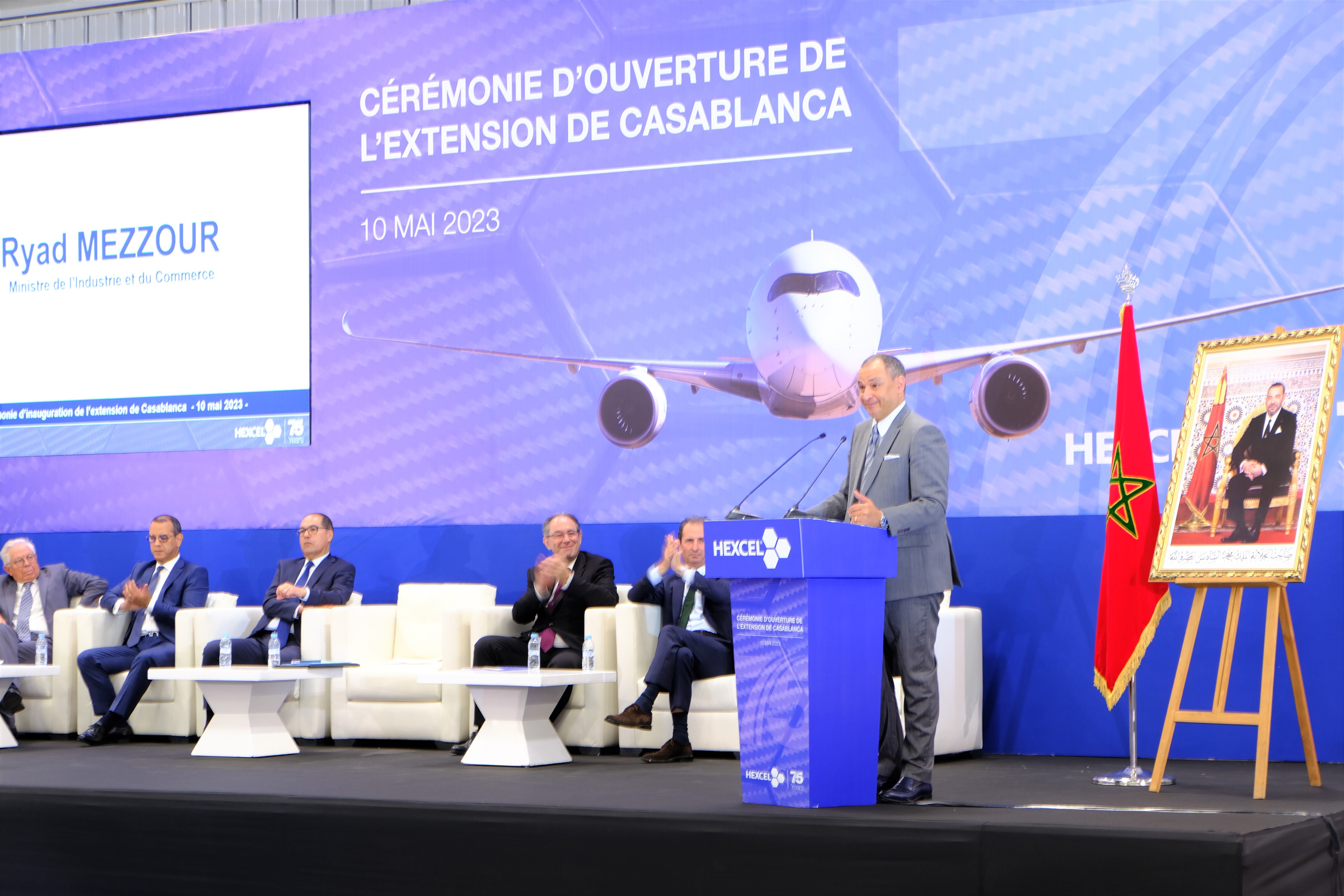Industrial Acceleration Plan: textile industry enhanced by 3 new ecosystems
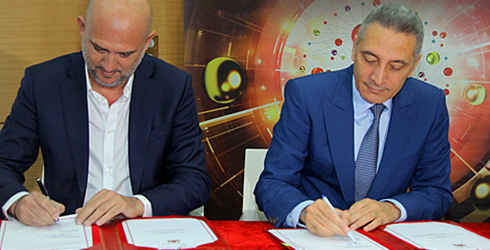
Three new textile ecosystems in the sectors “Mesh”, “Home textiles” and “Textiles for technical applications” were launched Thursday 6 October in Casablanca. The performance contracts for these ecosystems were signed by Mr. Moulay Hafid Elalamy, Minister of Industry, Trade, Investment and the Digital Economy, Mohammed Boussaid, Minister of Economy and Finance, and Karim Tazi, President of the Moroccan Association of the Textile and Apparel Industries (AMITH), and set the following growth objectives for the three structured sectors by 2020:
- The creation of 16,763 jobs.
- The increase of sales turnover by 8.4 billion dirhams, including 2.75 billion dirhams from export.
- Completion of 20 investment projects supported by industry drivers.
The organisation of the three new textiles sectors into efficient ecosystems will boost their strength while providing concrete answers to the challenges they all face, particularly the improvement of the competitiveness of the Moroccan offer, the development of upstream industries, increase of innovation to position themselves better in the local market and tap into its growth, the development of an integrated offer to benefit the industry drivers, boosting investment in high value-added activities, and the integration of informal operators.
Welcoming the mobilisation and unfailing commitment of AMITH alongside staff from the Ministry in achieving the goals of the Industrial Acceleration Plan 2014-2020, Mr Elalamy said that “the three new textile ecosystems complete the comprehensive and integrated vision developed for the sector and secure better growth, improved competitiveness and a stronger position for export as well as for local market”.
The deployment of the “Mesh” ecosystem is designed to promote the emergence of an integrated sector based on a strategic partnership between industry drivers and SMEs aimed at developing a range of diverse quality products.
Concerning the “Home textiles” sector, the launched ecosystem will allow operators to recapture local market share as well as diversify into more competitive segments in the export market.
As for the sector “Textiles for technical applications”, the innovative ecosystem set up aims to develop national technical expertise and attract new specialist operators.
To achieve the goals set by the performance contracts, assistance schemes adapted to the needs and expectations of the operators are proposed, focusing particularly on:
1. Support for tangible and intangible investments through Industrial Development and Investment Fund (FDII). 2. Proactive prospection of structuring Foreign Direct Investment. 3. Support for the installation of international buyers in order to develop sourcing platforms. 4. Access to real estate at attractive prices: 63 Ha reserved for the three sectors. 5. Deploying a training plan covering all the needs of the sectors. 6. Upgrading of the normative framework and increasing controls especially at the borders. 7. Integration of the informal sector.
It should be emphasized that a true investments dynamics has started in the sector since the launching of the first textile ecosystems in February 2015: 36 investment projects amounting to 1.38 billion dirhams and generating 20,673 jobs were created.
The textiles sector aggregates:
Share this article
read also
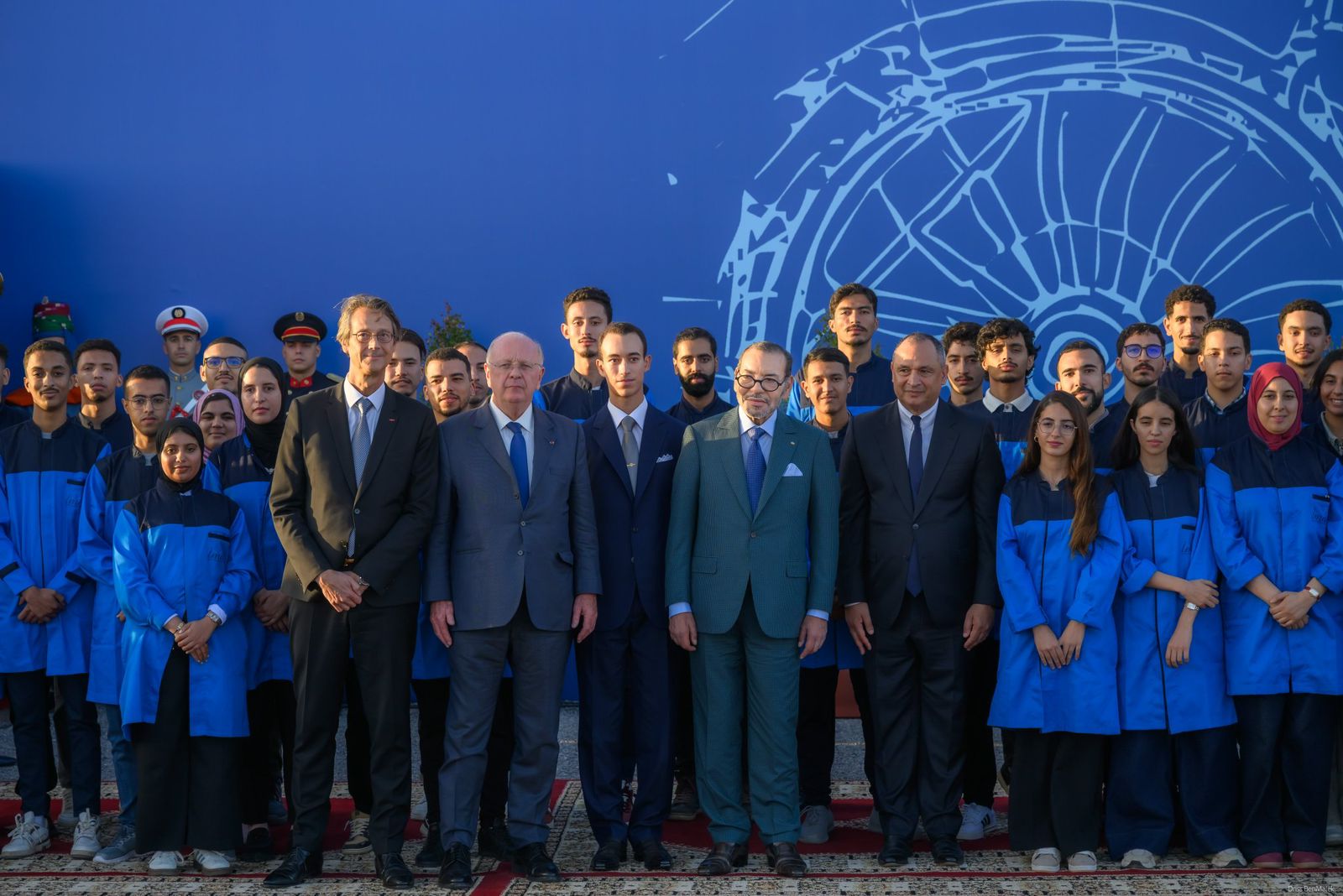
Communiqué de presse
Nouaceur: HM the King Chairs Presentation Ceremony, Launch of Construction Work of Safran Group’s 'Aircraft Engines' Industrial Complex
Nouaceur - His Majesty King Mohammed VI, may God assist Him, accompanied by HRH Crown Prince M...
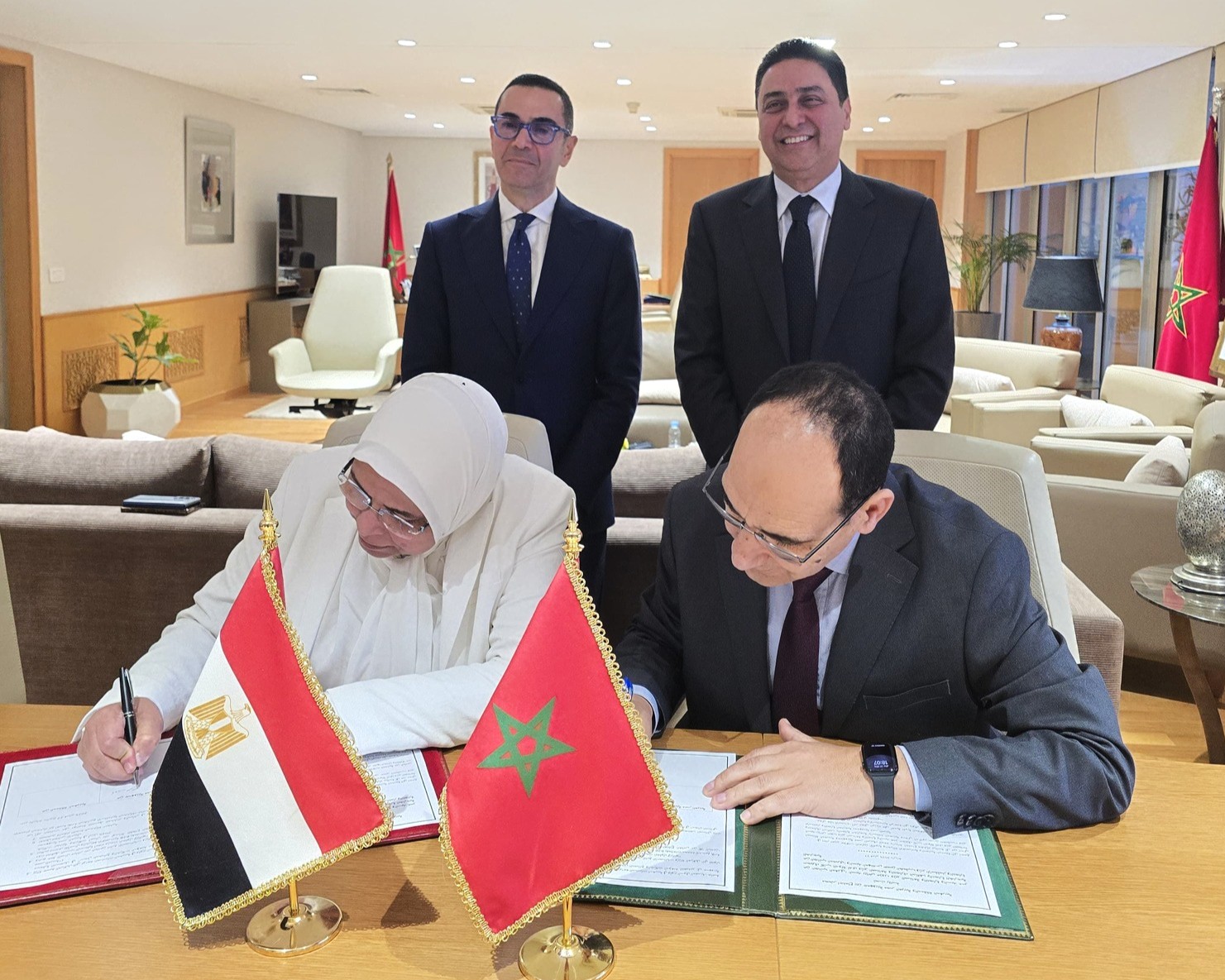
Foreign trade: Announcement issued at the ministerial meeting between the Arab Republic of Egypt and the Kingdom of Morocco
As part of the strengthening of fraternal cooperation relations and the distinguished economic...

Day 3 of the Marrakech Air Show: Human capital and innovation in the spotlight
The 7th edition of the Marrakech Air Show, held under the High Patronage of His Majesty King M...


